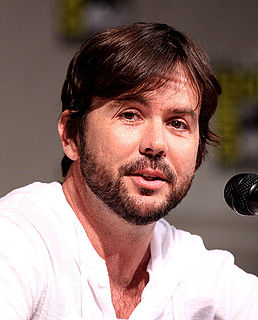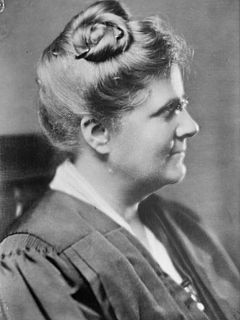A Quote by Kenneth Clark
Leonardo is the Hamlet of art history whom each of us must recreate for himself.
Related Quotes
Writing of history is our only heuristic principle. The Germans have a word for it, einfühlen. It is the ability to experience the past in the present and to recreate it. In my books, I have tried to recreate it in the most natural way possible: History must be integrated into the story without the weight of premonition.
Such was the will of the Father that his Son, blessed and glorious, whom he gave to us, and who was born for us, should by his own blood, sacrifice, and oblation, offer himself on the altar of the cross, not for himself, by whom "all things were made," but for our sins, leaving us an example that we should follow his steps.
My brother, whom I adored, typed out a children's book illustrated by himself... at the age of 14. My sister, with whom I always shared a double bed, had that effortless superiority of someone six years older and anxious to show it. But we were each as shy as voles. It seemed safer to keep to each other's company.


































